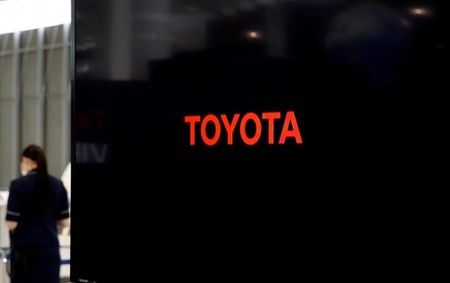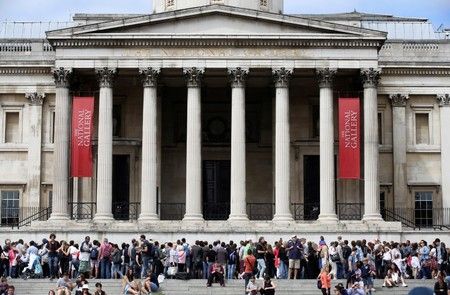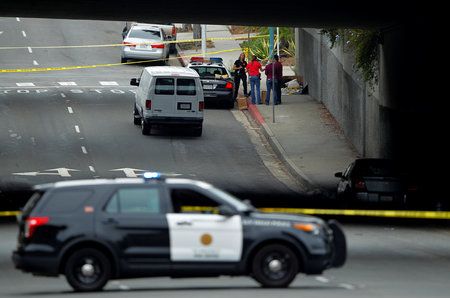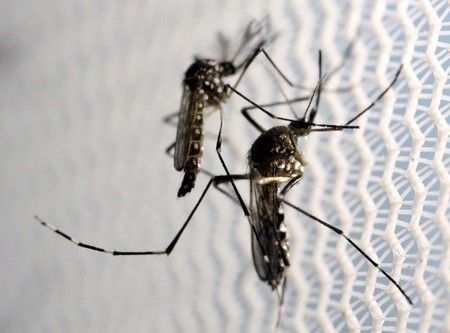Advertisement
U.S. airports still understaffed for peak travel: TSA head
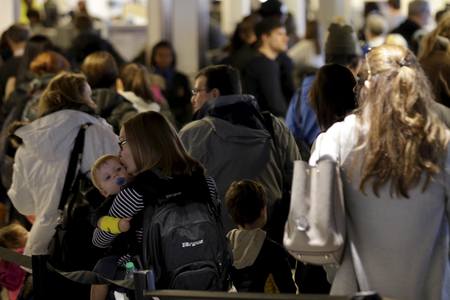
By Jeffrey Dastin
(Reuters) – The U.S. Transportation Security Administration (TSA) is taking steps to shorten airport lines including moving officers to different posts, but still lacks the staffing to handle peak travel times, Administrator Peter Neffenger said in a Congressional hearing Wednesday.
A shortage of staff and a surge in air travelers have created a nightmare scenario for TSA, with airport wait times in places like Chicago stretching beyond two hours. Neffenger said TSA’s insufficient preparation in Chicago was a “failure.”
Neffenger said TSA is seeing how it can re-deploy officers who are trained to detect irregular passenger behavior to posts where they check traveler documents, thereby freeing up others to staff screening machines. It also wants to move part-time agents into full-time work.
“There are efficiencies we can gain in the way we deploy our people,” Neffenger said.
TSA is projected to screen some 740 million people at U.S. airports this year, up almost 100 million from 2013, Neffenger said. Yet TSA’s staffing has fallen more than 12 percent in that time to around 42,000.
TSA is evaluating whether to ask Congress to let it reallocate more money for hiring, according to Neffenger. Earlier this month it was granted approval to put $34 million toward paying extra overtime and hiring 768 new staff by June 15.
TSA has come under pressure from U.S. airlines and airports after it made a decision last year to stop pulling travelers randomly into faster “PreCheck” lanes that do not require them to remove their shoes and other items, prolonging wait times.
The U.S. Travel Association said Wednesday that nearly 22 percent of those who had planned trips this summer will delay or cancel their itineraries or at least avoid air travel because of long airport waits, adding that this would cost the U.S. economy $4.3 billion in lost travel spend.
While the summer remains a challenge, Neffenger said TSA is looking at making security more efficient in the long run.
TSA wants to encourage airports to automate the movement of bins for carry-on bags at checkpoints. A test of the technology – already in use in Europe – started this week in Atlanta, the world’s busiest airport.
It also is working with software companies to determine how screening machines can better detect prohibited items, and it is hoping to contract new vendors that can enroll more people in “PreCheck” by bringing down fees, Neffenger said.
(Reporting By Jeffrey Dastin in New York; Editing by Chizu Nomiyama, Bernard Orr)








